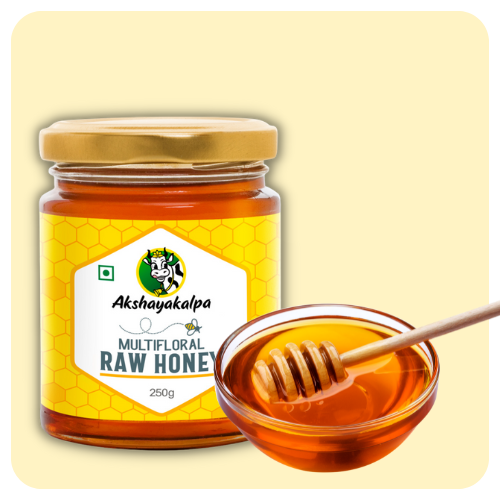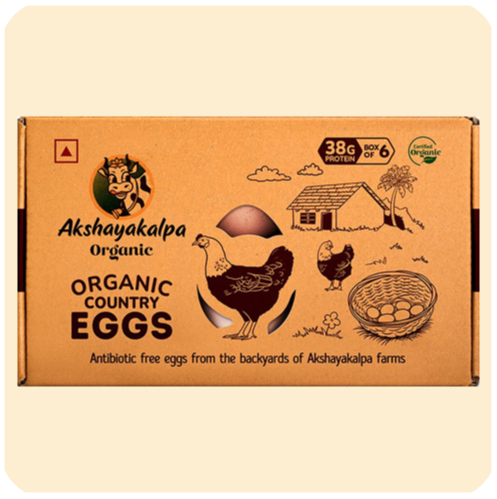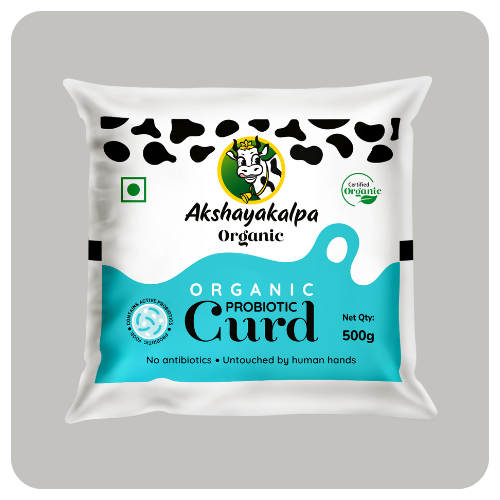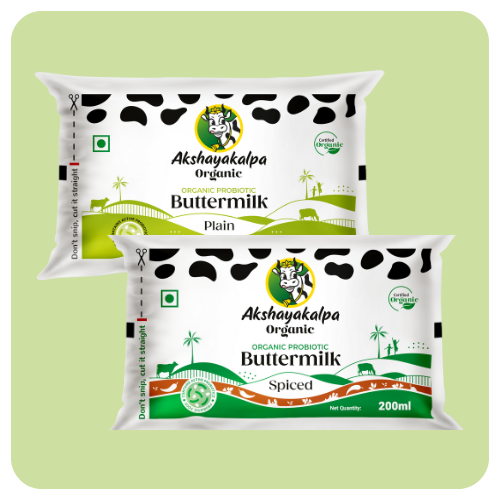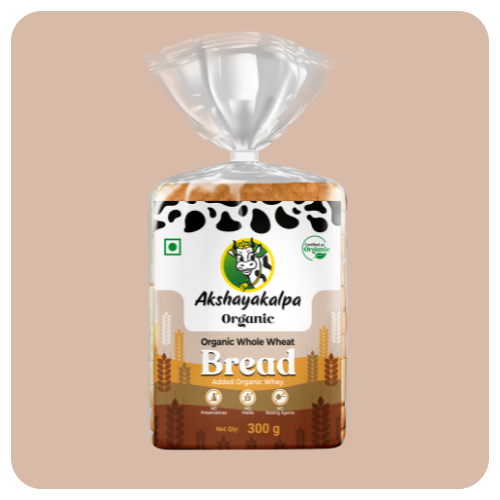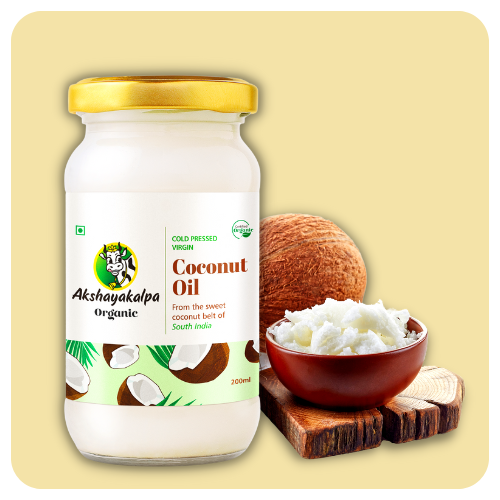Why are raised soil beds beneficial in organic farming?
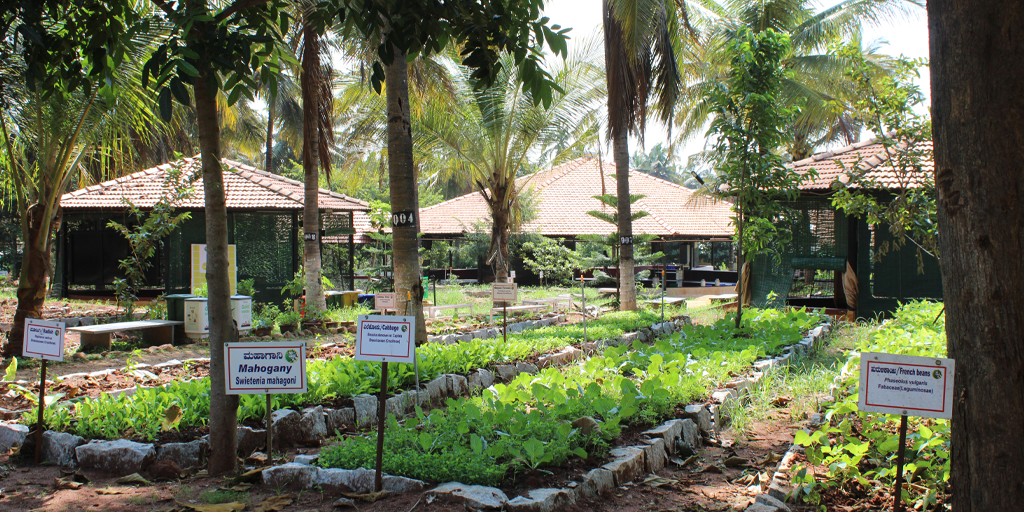
When it comes to organic farming, there’s always something new and exciting to dig into. One such concept that pops up often is raised soil beds. If you’re imagining rows of soil lifted off the ground like fluffy garden cakes, you’re not too far off. But what makes these elevated plots of soil so special, especially when you’re growing food the organic way? Read on to find out.
Raised beds are sections of soil built above ground level, often framed with wood, bricks, metal sheets or even just shaped by hand. These beds give you full control over what’s going on under the surface. And that’s a huge win when you’re farming the natural and organic way.
Why do raised beds work wonders in organic farming?
In organic farming, where synthetic shortcuts are off the table, every natural advantage matters. Raised beds offer plenty of those, making them a smart and effective choice for growing healthy, chemical-free crops.
Here’s why farmers make raised soil beds while choosing organic farming:
Better soil quality
Raised beds allow you to create the perfect soil mix from scratch. You can fill them with rich, healthy soil packed with compost and organic nutrients. This is a game-changer, especially if you’re dealing with poor or compacted native soil.
Improved drainage
Because raised beds sit above ground level, water drains more easily. That means no soggy roots and less risk of root rot, especially helpful during the rainy season or in heavy clay soils.
Thriving soil life
Loose, well-aerated soil means your bed becomes a paradise for earthworms, beneficial microbes and fungi. All of these contribute to better soil health and stronger plants.
Fewer weeds and pests
Weeds are easier to spot and pull out in a raised bed. And since the soil is contained, it’s harder for weeds and soil-borne pests to invade. The elevation also helps keep certain crawling pests at bay.
Supports all types of irrigation
Whether you’re using drip, furrow, sprinklers, or rain guns, raised beds are compatible with different irrigation systems. This flexibility helps you save water and target moisture more effectively.
Good for crop rotation
You can rotate crops by switching what you plant in each bed every season. This keeps the soil balanced, reduces disease buildup, and fits perfectly into an organic farming system.
How to build raised beds:
Just follow these simple steps to set up a raised bed for your garden.
Step 1: Pick your spot
Choose a place that gets at least 6 to 8 hours of sunlight daily. There is no substitute for natural sunlight if you want juicy tomatoes or crunchy carrots.
Step 2: Choose your material
You can go natural with just mounded soil or build walls using untreated wood, bricks or metal sheets.
Step 3: Clear the area
Remove any weeds or grass. You can even lay down cardboard to stop new weeds from popping up.
Step 4: Fill it with healthy soil
Mix compost, topsoil and organic material like dried leaves or aged manure. Your crops will love it.
Step 5: Level it, water it, and you’re ready to plant
Make sure the bed is even, water the soil a little to help it settle, and then go wild with your seeds or saplings.
Tips to make your raised beds thrive:
Here are some simple tips to keep your raised bed healthy and thriving.
Test your soil first
Even in raised beds, it’s smart to check pH and nutrient levels. A simple test can tell you what to add or avoid.
Use companion planting to keep pests away
Plant strong-smelling herbs like coriander or onion near your veggies. They confuse pests and attract good bugs like ladybugs.
Avoid chemical overload from outside soil
Make sure the bottom layer of your raised bed is thick enough to keep plant roots from reaching possibly contaminated ground.
Watch your watering
Raised beds dry out faster, so check moisture regularly, especially in the early days.
Keep feeding the soil
Organic matter breaks down, so add compost between seasons to keep your beds nutrient rich.
Raised beds are more than just pretty garden plots. They’re practical, productive, and perfectly in sync with organic principles. Whether you’ve got a small terrace, a backyard, or a few acres to play with, raised beds can seriously level up your farming game.

